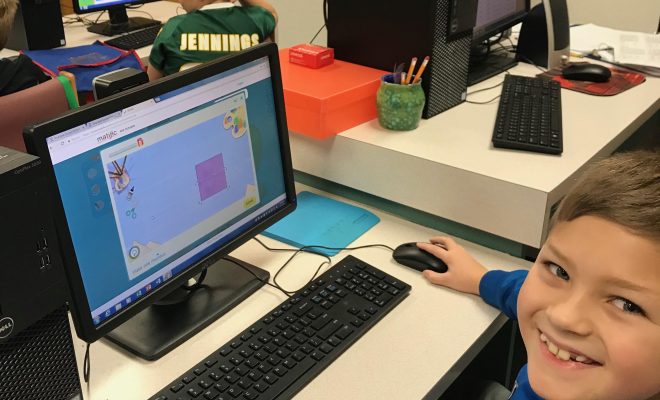STEM Funding in Danger – But Does Anyone Care?

Under proposed budget changes for the 2014 fiscal year, many STEM (science, technology, engineering and math) educational initiatives may no longer exist. Though overall funding for STEM programs is actually slated to rise by $3 billion, or 6 percent, consolidation of STEM education may leave specific programs out in the cold. The annual $15 million in funding for the Science Education Partnership Awards that are funded by the National Institutes of Health, for example, are not included in the proposed budget changes. Every year the awards provide over 75,000 K-12 students with informal, hands-on science education intended to spark lifelong interest in an area where America consistently lags behind other developed countries.
While the knee-jerk reaction is to blame lack of prioritization of STEM education on the Obama administration and the budget advisors on this particular project, I think the issue is much, much bigger. A report released in December 2012 called Trends in International Mathematics and Science Study showed that just 7 percent of U.S. students had advanced level eighth-grade math skills, compared with 47 percent in South Korea and 48 percent in Singapore. Further, the U.S. was ranked as 11th in fourth-grade math and 9th in eighth-grade math. American students ranked higher in reading, but still fell behind Hong Kong, Russia and Finland.
It seems that when these test results are released, there is an initial public outcry about the slipping state of the American public in science and math. Those voices quickly fade, however, content to download another smartphone app that does metric conversion or even one that is advertised to complete math homework with a few taps of a touchscreen. It is easier to utilize technology than to learn how to perform equations; it is simpler to grab produce from the grocery store shelf than to question where that food came from or what went into its production.
It would be great to blame this indifference towards STEM initiatives on the uneducated public, or the convenience of Internet technology, or even the media (why not?). The truth is that this uncaring attitude is a byproduct of academic disengagement, fueled by the way children are taught in American K-12 schools. As interactive technology becomes commonplace in classrooms, education becomes more of a form of entertainment. Yes, educators should find innovative ways to reach students with educational messages but there is a blurry line between creative learning and babysitting tactics to keep students from declaring boredom and simply not trying.
Are math, science, engineering and technology topics too complicated for the short attention spans of today’s American K-12 students – and do educators add to this problem by spending too much time trying to put on a song and dance? I think the answer to both of these questions is “yes.” This is not to say that it is the fault of educators but merely to point out that they are in a quandary made possible by screen-culture and an education system that favors standardized learning over intellectualism. By emphasizing fact memorization, and placing no priority on hands-on math and science experiences, it is no wonder that 46 percent of Americans believe young people do not pursue math and science careers because they are “too hard.” In the same Pew Research study, 20 percent of Americans said careers in science and math are “too boring.”
Clearly something is being missed along the way in our K-12 system. How can science, the intricate study of how things work with and without our known universe, be boring? How can math, the way things balance out and make our world run smoothly, be too complicated to pursue? It seems these questions just bring up even more questions and there are not enough people who care enough to seek out answers.
What factors do you think contribute to indifference in STEM education?



